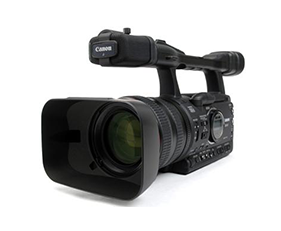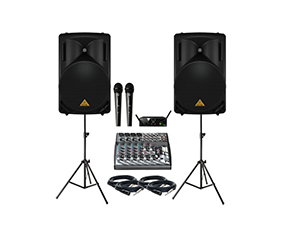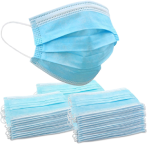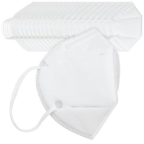| Joan
Collins - Studio Shoot - Bookcover 35mm
I've
worked with Joan on a number of her book covers. Often we shoot
variations on a theme to accomodate versions of the book published
simultaneously in the U.K. and the U.S. For example, the U.S.
version of Love, Desire and Hate ran a color photograph,
similar to this image, on the back cover. The U.K. version used
this black-and-white shot as the front cover.
Photographs such as this require planning. I met Joan ahead of
time to discuss concept and styling. We both liked the idea of
using a turban because of its timelessness and mystery, and I
asked Joan to wear the gloves. I draped some black velvet over
the top of a Denny Manufacturing posing table to give the image
a matching visual base. She was seated on an adjustable stool.
The lighting setup consisted of five lights -- only three or four
of which would be used at the same time. We placed three lights
for potential use on the background. It took two lights in pan
reflectors to evenly illuminate the background. Behind Joan, on
the floor, I placed another flash head, bouncing it into a bell
reflector with a grid spot. To achieve visual variety, I switched
between the single spot and the even-illumination approach provided
by the two lights in pan reflectors. The final image was selected
form the single-spot series, which created a halo effect with
rapid falloff to the edges.

|

Subject:
Joan Collins
Client: Random House/Century Hutchinson
Creative Team: Joan Collins and Gary Bernstein
Location: Gary Bernstein Studio, Culver City, California
Camera: 35mm SLR
Lens: 105mm f/2.5
Lighting: Five electronic flash heads (see copy)
Film: Kodak Plus-X El 125
Exposure Metering: Incident
Exposure: 1/60 second at f/5.6
Main lighting consisted of two lights. Facial spotlighting came
from a flash head with a focusing spot. It was placed slightly
to camera-right -- just enough to give modeling to Joan's nose
and the right side of her face. A second light, placed in a pan
reflector, was positioned above and behind my camera position
to act as a fill light. I varied the lighting balance between
the spot on Joan's face and the amount of fill -- ratios from
2:1 all the way up to 5:1. We selected a 4:1 ratio that produced
great drama.
|
















































